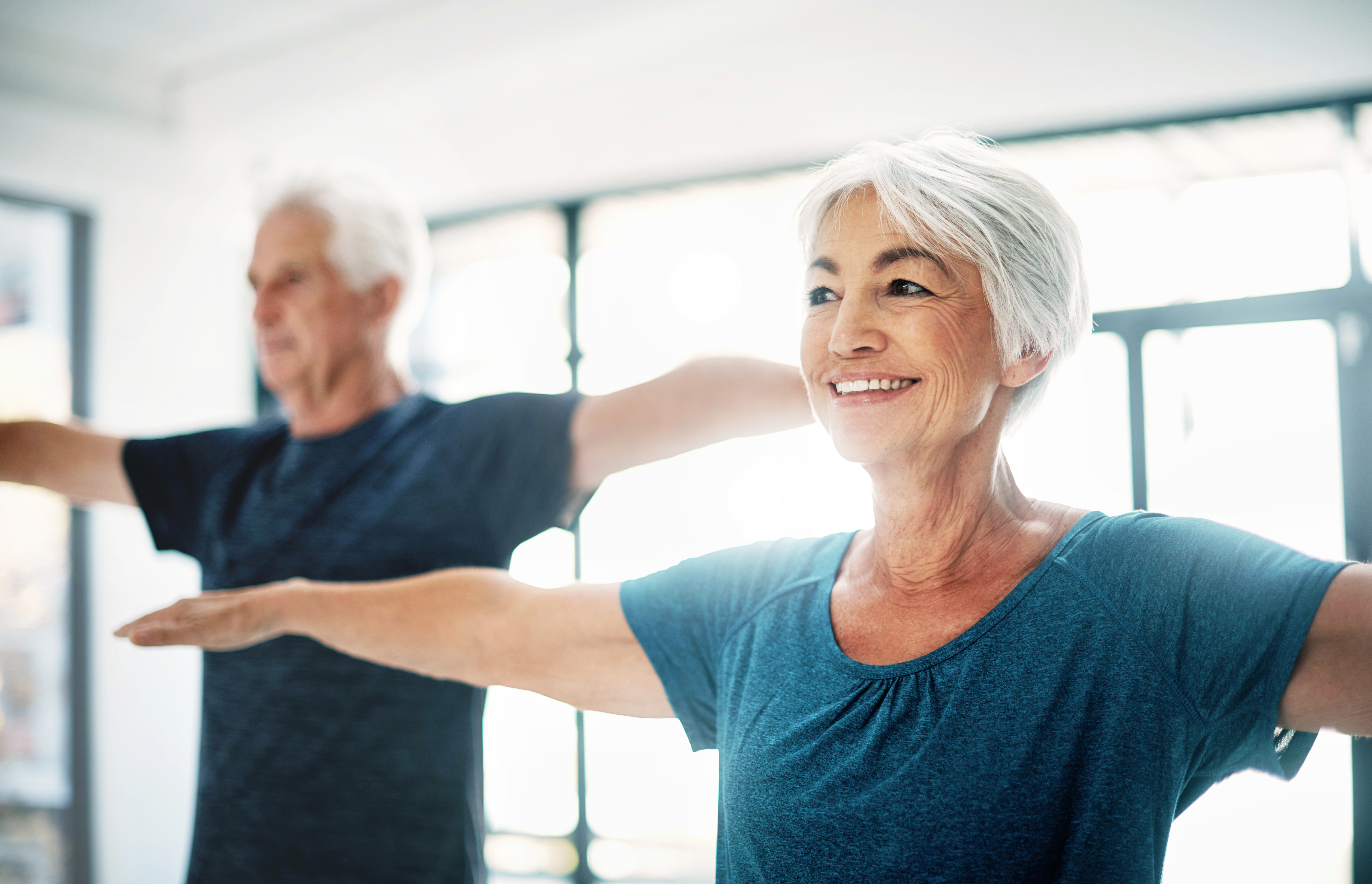
- Article published at:
- Article author: Macudopa team
- Article comments count: 0
Drawer menu

While there’s still no cure for Parkinson’s disease (PD), research consistently shows that exercise is one of the most powerful tools to manage symptoms, boost energy, and possibly slow progression. Moving your body helps your brain — and for people with Parkinson’s, that’s life-changing.
Exercise improves the very symptoms Parkinson’s tries to take away — balance, walking, and muscle control. Activities like brisk walking, cycling, dancing, or swimming enhance mobility and reduce stiffness. Strength training (using weights or resistance bands) builds muscle tone and helps you stay steadier on your feet.
Studies show that regular aerobic and resistance exercise increases gait speed, stride length, and stability — helping people stay independent for longer.
Exercise doesn’t just move your body; it stimulates your brain to release dopamine, the very neurotransmitter that Parkinson’s depletes. This boost in dopamine can improve both motor and non-motor symptoms, including mood and motivation.
Researchers have also found that exercise raises levels of brain-derived neurotrophic factor (BDNF) — a natural compound that protects dopamine-producing neurons and supports neuroplasticity (your brain’s ability to adapt and repair).
Beyond physical benefits, exercise strengthens cognitive function — improving focus, memory, and decision-making. It also reduces anxiety and depression, two common non-motor challenges in PD. Patients who move regularly often report feeling more positive, energised, and in control of their condition.
Exercise is now seen as a natural, disease-modifying therapy — one that complements your medication and supports long-term brain health. Combined with evidence-based nutritional support like HPLC-standardised Mucuna pruriens (found in MacuDopa Day & Night), which provides steady, natural dopamine support, it forms part of a holistic approach to living well with Parkinson’s.
You don’t need to train like an athlete — consistency matters more than intensity. Even 30 minutes of movement most days can make a measurable difference in how you move, think, and feel.
Exercise is medicine. It empowers you to reclaim your independence, lift your mood, and protect your brain — naturally.